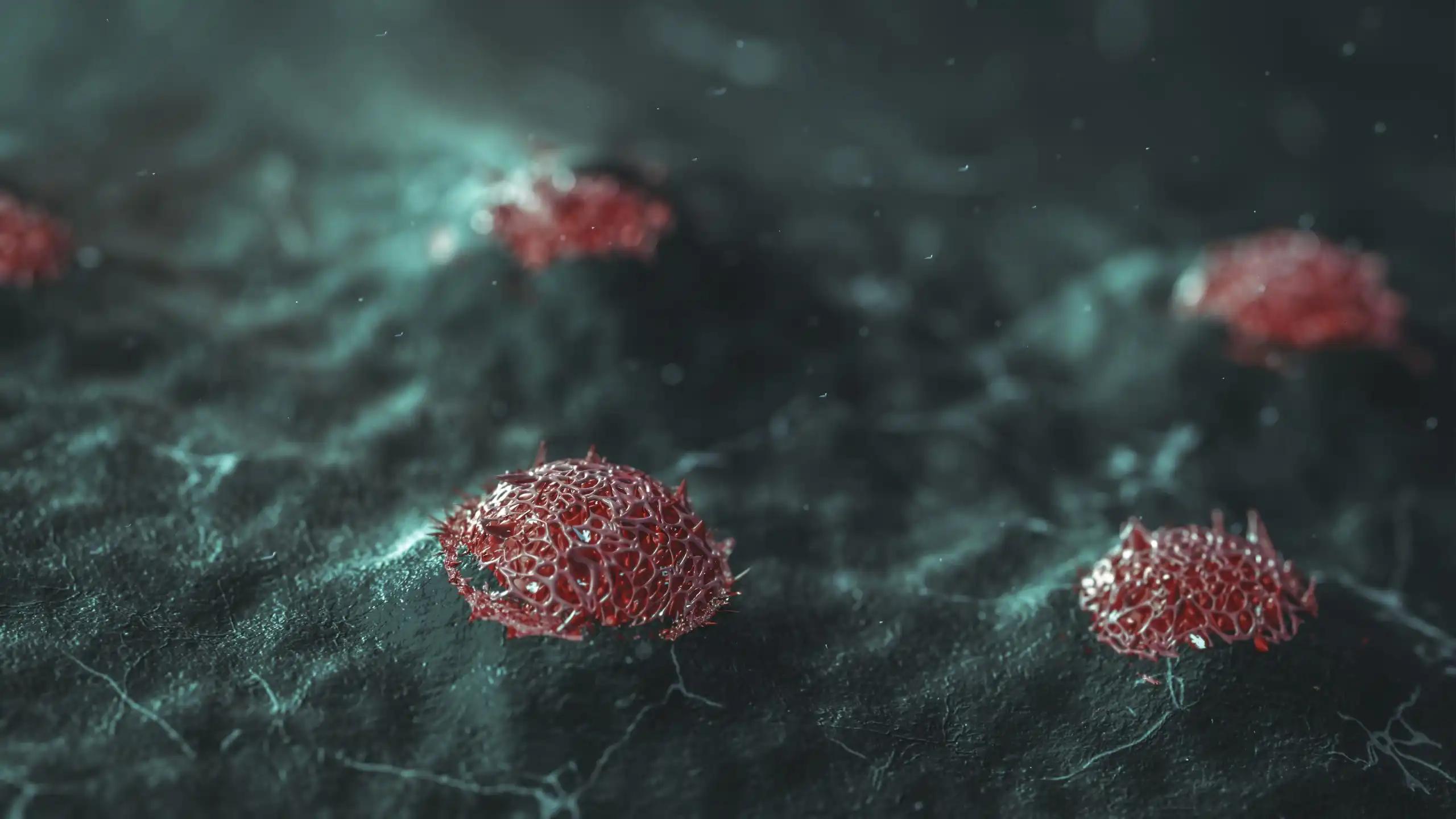KEY TAKEAWAYS
- IFx is a new personalized cancer vaccine studied in Phase 1b trial developed to treat MCC and cSCC.
- IFx was well tolerated across all evaluated dose schedules, and no treatment-related Grade 3-5 adverse events were observed.
Merkel cell carcinoma (MCC) and cutaneous squamous cell carcinoma (cSCC) are skin cancers that mostly respond well to immune checkpoint inhibitor (ICI) therapy. However, patients with advanced disease who fail ICI therapy have restricted treatment choices. IFx-Hu2.0 (IFx) is a global personalized cancer vaccine being studied as a potential treatment for these patients. In the phase 1b trial of IFx-Hu2.0, researchers accessed and reported the safety and immunologic response of different schedules of IFx intratumoral administration in patients with advanced MCC or cSCC.
The study used intratumoral administration of IFx in up to 3 lesions on 3 schedules (weekly x 1, 2, or 3) in the first trial stage (n = 9). With the proposed potential for immune priming effects, an unplanned exploratory analysis assessed post-protocol treatment efficacy, specifically checking responses to ICI rechallenge if conducted.
The study included 5 patients with advanced MCC and 4 with cSCC. Before enrollment, all MCC patients received ICI treatment with pembrolizumab (4) or avelumab (1), perceiving progressive disease with a median treatment duration of 3 months (2.0-4.5mo). The 4 cSCC patients had previously received cemiplimab with a median treatment duration of 6 months (3.0-11.5mo). IFx was tolerated across all evaluated dose schedules, with no treatment-related Grade 3-5 adverse events observed.
The best reply to trial therapy was SD in 2 patients and PD in 7. One MCC patient attained a full clinical response in 2 injected lesions but expertise disease progression with the development of new disease areas. Following completion of protocol therapy, all 5 MCC patients and 2 of 4 cSCC patients received anti-programmed death ligand 1 (PD(L)1) therapy as an instant post-protocol treatment: pembrolizumab (3) or avelumab (2) in MCC and cemiplimab (2) in cSCC. Four of 5 MCC patients and 1 of 2 cSCC patients, or 5 of 7 total (71%), experienced an objective response to ICI rechallenge in this setting, with the period of reaction ongoing in 4 patients (7+, 8+, 9+, 20+ months) and one response lasting 23 months.
The study found that IFx-Hu2.0 was safe and well-tolerated, and five of seven patients (71%) experienced an objective response to ICI rechallenge after IFx-Hu2.0 treatment.
Source: https://ascopubs.org/doi/10.1200/JCO.2023.41.16_suppl.9534
Clinical Trial: https://www.clinicaltrials.gov/study/NCT04160065
Andrew Scott Brohl, Joseph Markowitz, Zeynep Eroglu, Ann W. Silk, John Robert Hyngstrom, Nikhil I. Khushalani, Ahmad A. Tarhini, Deanryan B. De-Aquino, Edith Abraham, Kenneth Yee Tsai, Jacob Stephen Thomas. DOI:10.1200/JCO.2023.41.16_suppl.9536 Journal of Clinical Oncology 41, no. 16_suppl (June 01, 2023) 9536-9536.



